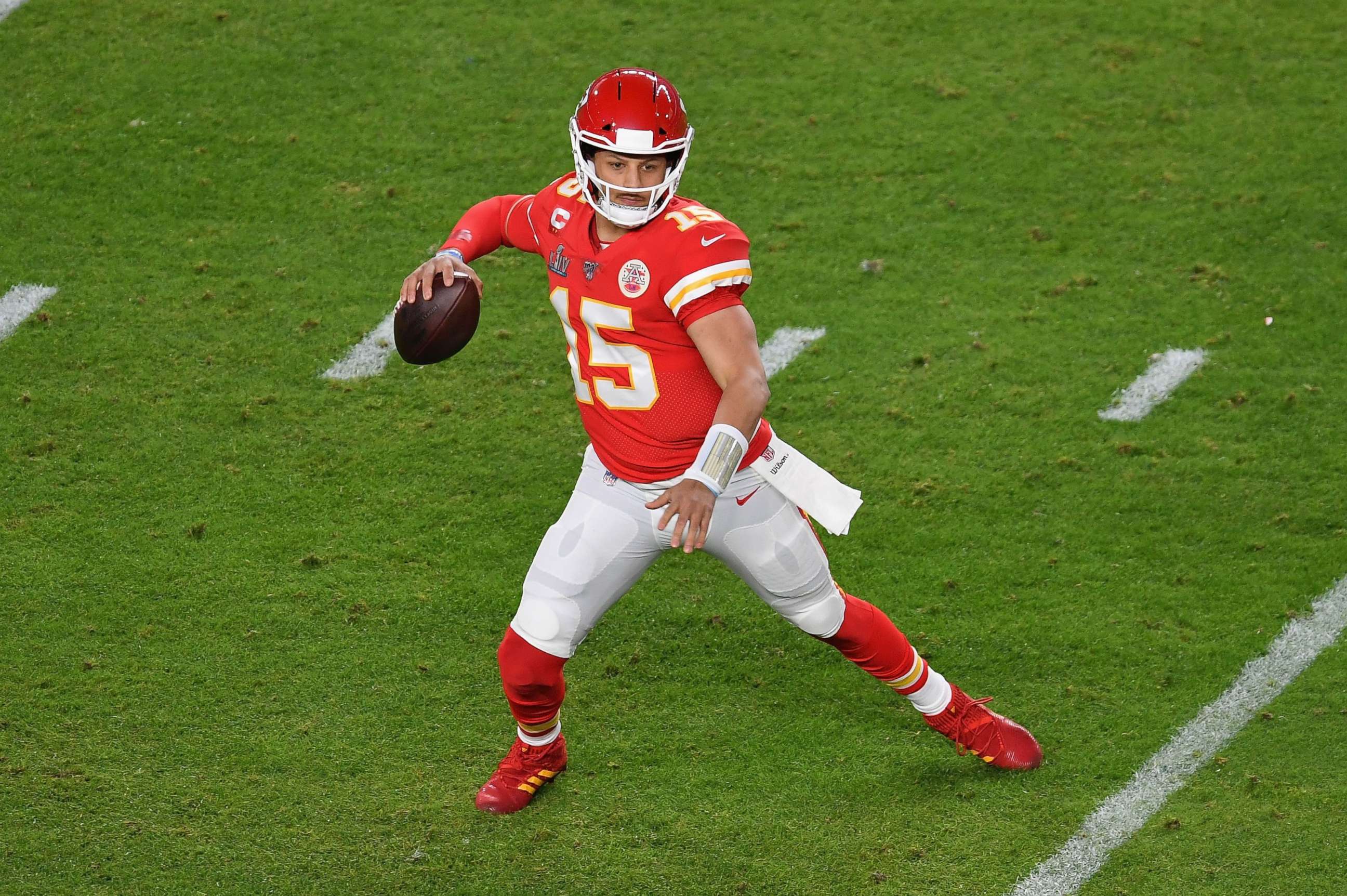How the Super Bowl may have slowed the spread of COVID-19
Some health experts are hypothesizing, however, that luck was a factor too.
On February 2, San Francisco 49ers fans were devastated after their team surrendered a late fourth quarter lead in the Super Bowl, eventually losing the game to Patrick Mahomes and the Kansas City Chiefs.
As The Wall Street Journal sports writers Andrew Beaton and Ben Cohen pointed out this week, the loss may slowed the spread of COVID-19 in California.
Beaton discusses their story on this week’s episode of ABC's “Perspective” podcast:
“If there had been a 49ers win, there would have been a parade, and that parade could have been one of those mass spreading events.”
Beaton explains how timing played a role:
“Whether it is the decisions made by public health officials, local governments and businesses… there's a certain amount of circumstance that plays into these things. The fact that the 49ers happened to choke in the fourth quarter of the Super Bowl to Patrick Mahomes may be one of those circumstances, and a victory parade would have taken place just as the first coronavirus cases were appearing in the Bay Area.”

Public officials in California have been praised for their response to COVID-19, implementing stay-at-home orders earlier than other areas did. Some health experts are hypothesizing, however, that luck was a factor too.
“This isn't an original thought of mine,” Beaton says, after speaking with Dr. Bob Wachter, UCSF’s department of medicine chair, and Dr. Niraj Sehgal, the leader of the university’s COVID-19 command center.
“Doctors at the University of California, San Francisco pointed out that the result of the Super Bowl actually could have been incredibly fortuitous because the first cases of coronavirus in the United States were starting to trickle in right around then.”
In September 1918, Philadelphia held a parade to boost morale and support soldiers fighting World War I, eventually leading to many deaths in the following days and weeks from the spread of the flu. For Californians, they may not have even realized a parade for the 49ers could have presented a similar type of risk.
“This is being very much discussed by the doctors in hindsight,” Beaton explains, “But I think the interesting thing is that it's a window into how these types of things can spread.”
Listen to the rest of this past week’s highlights from Perspective here.




